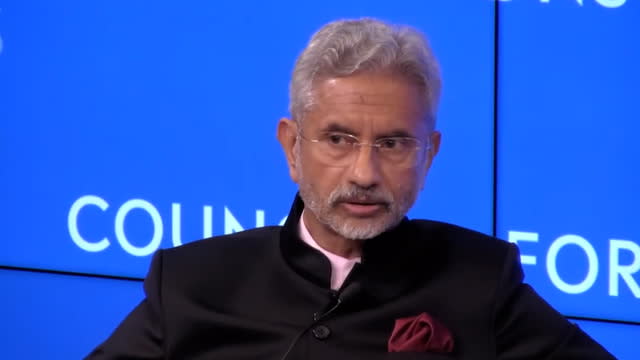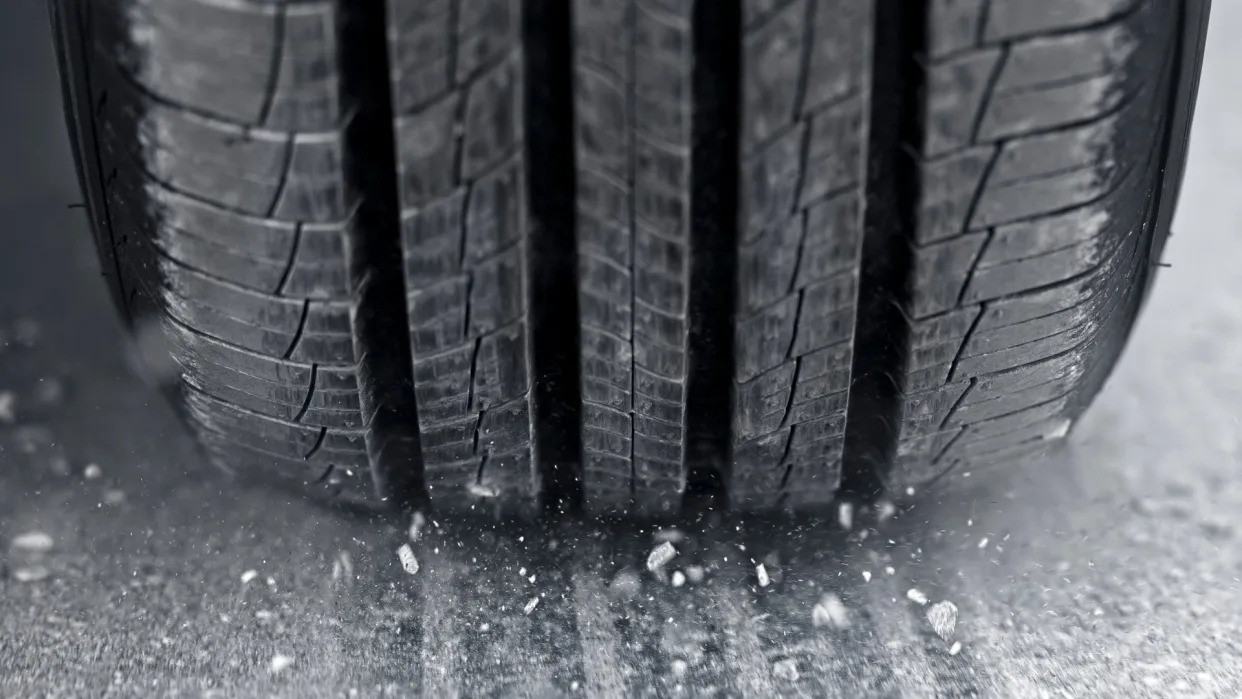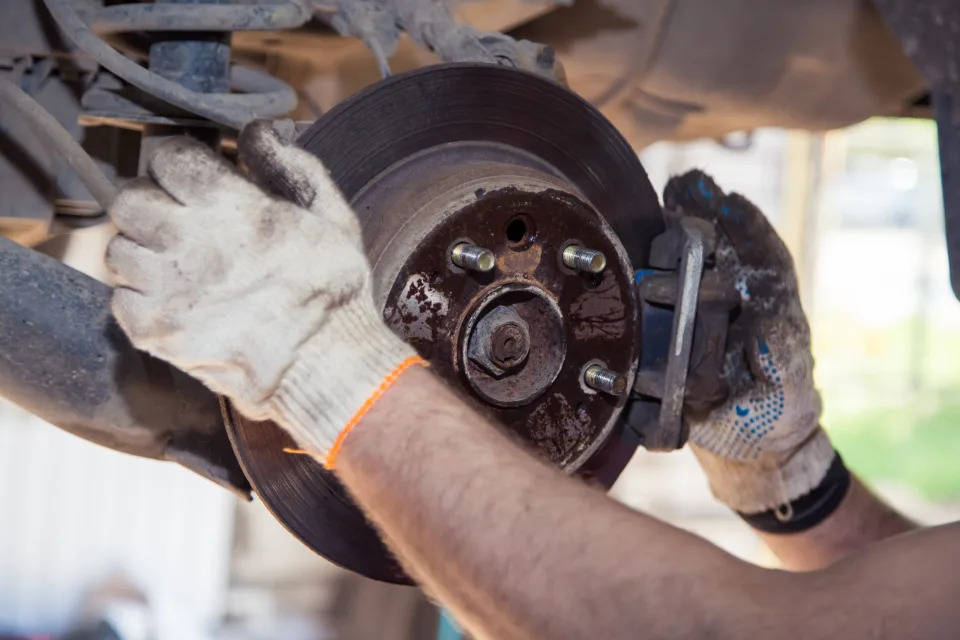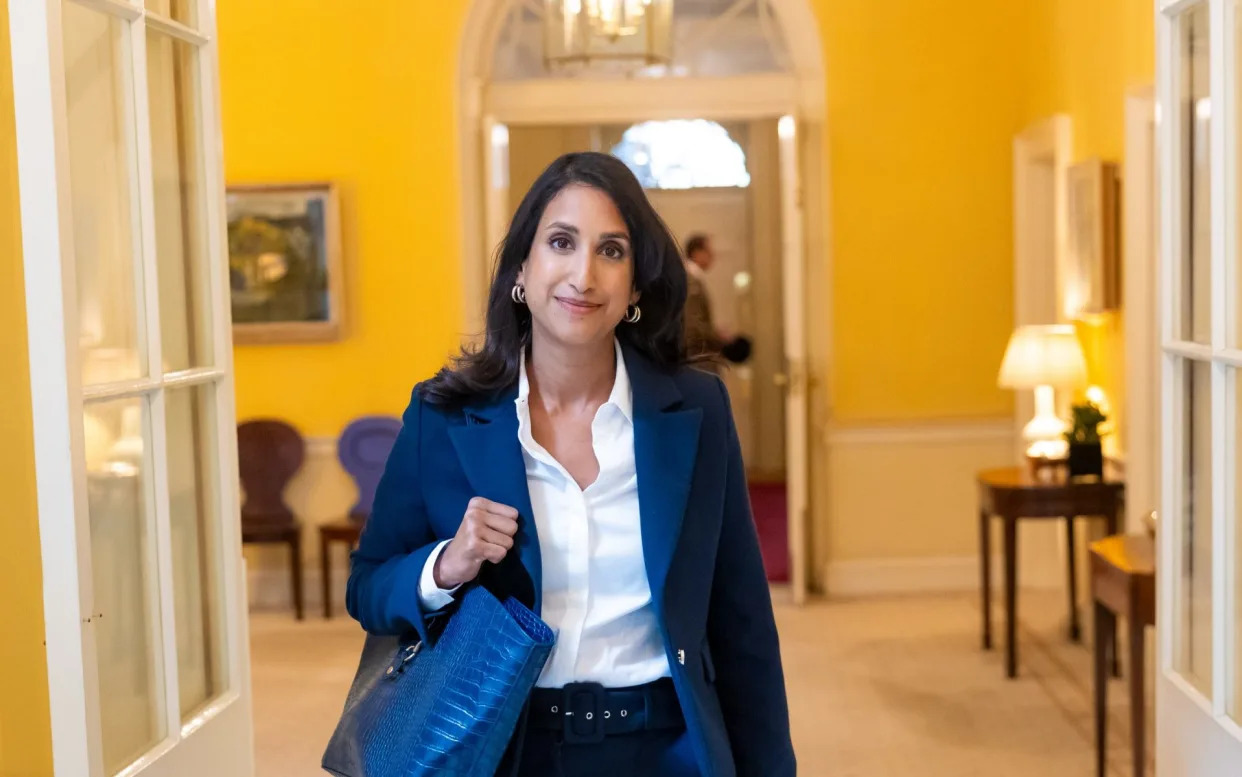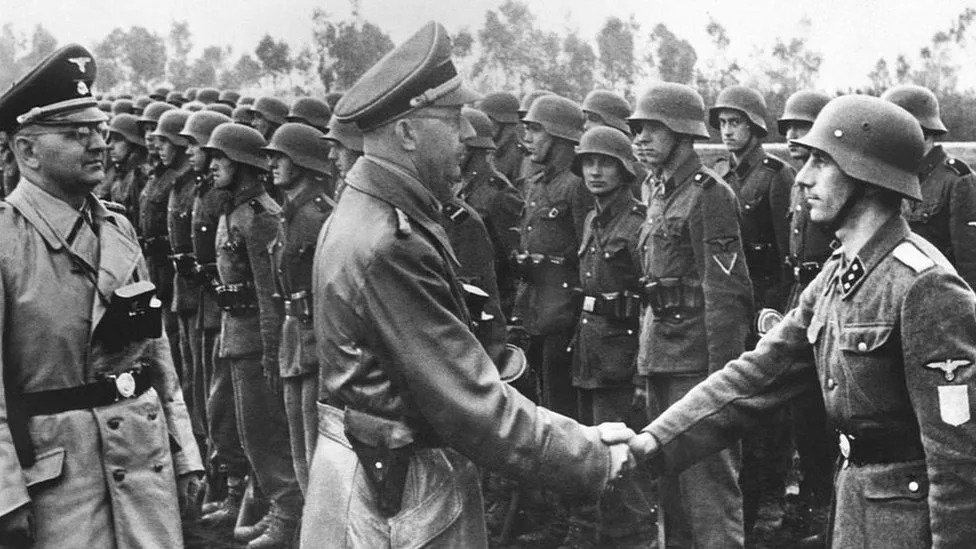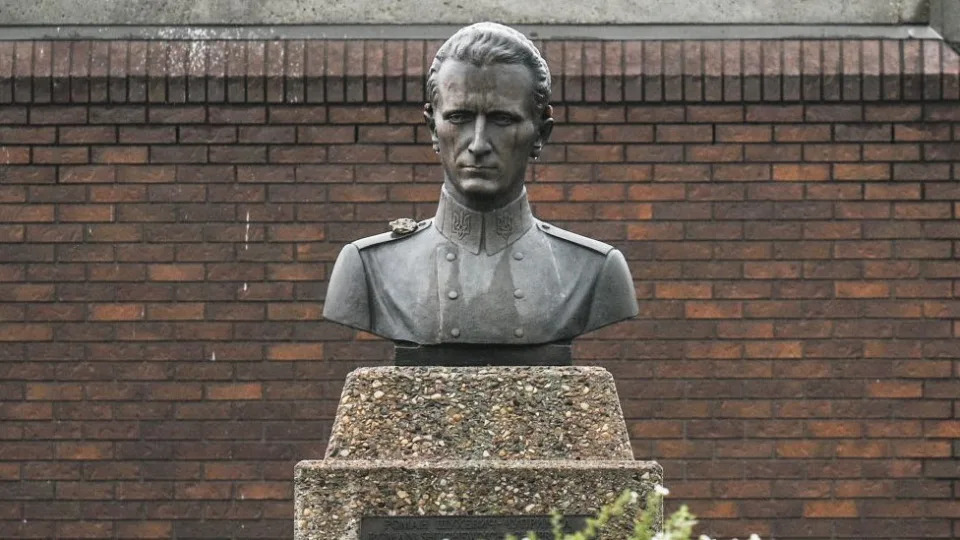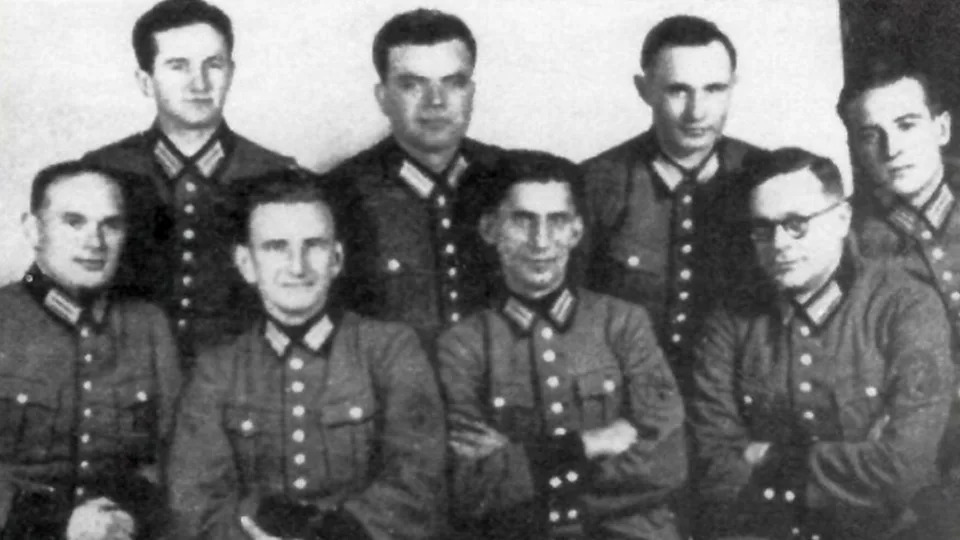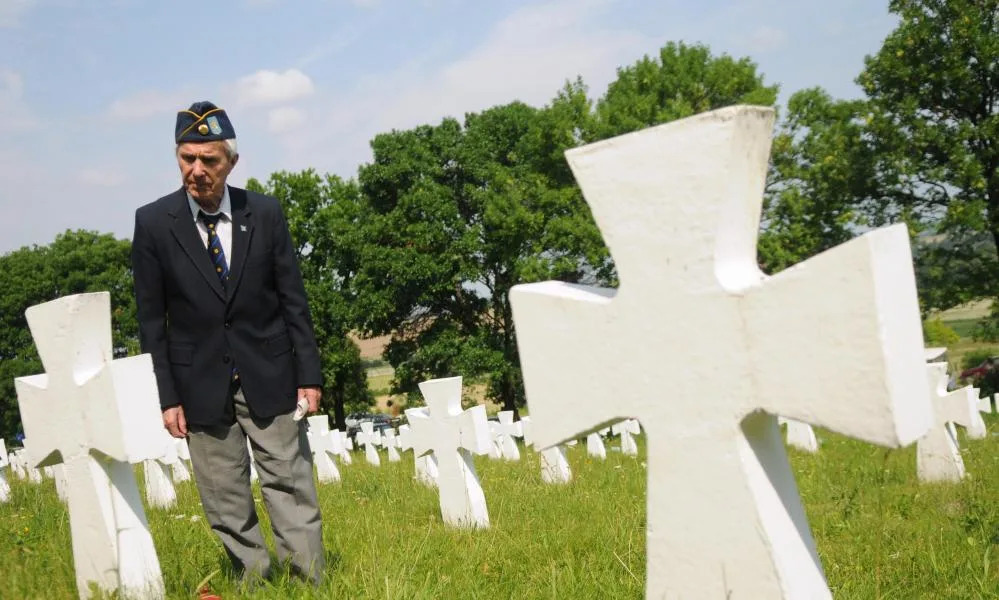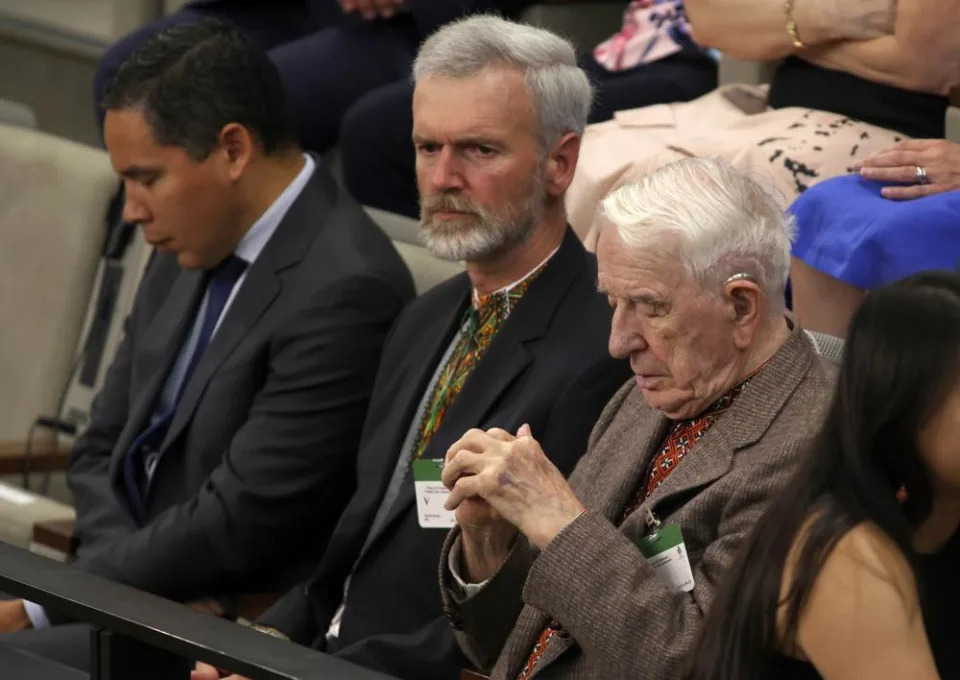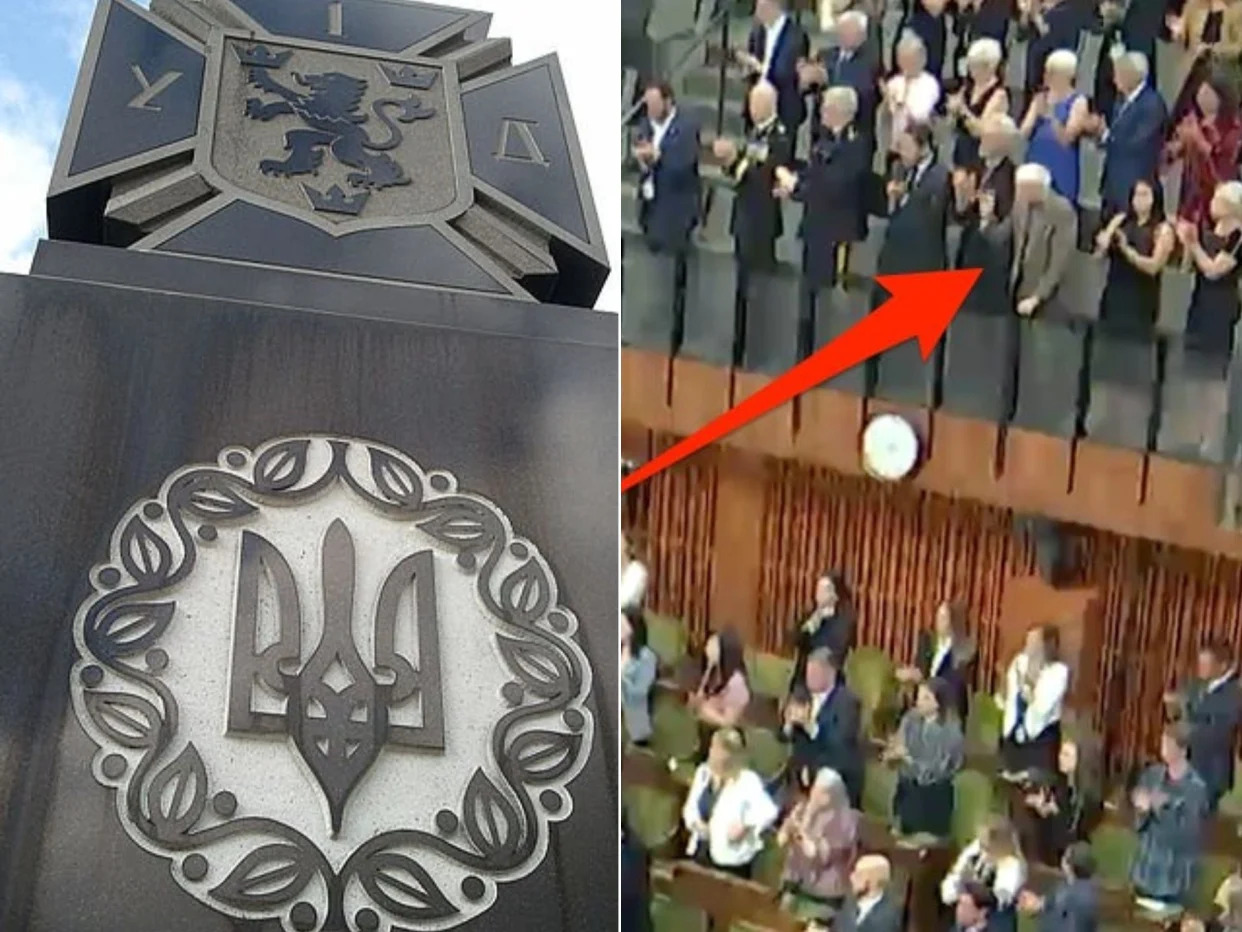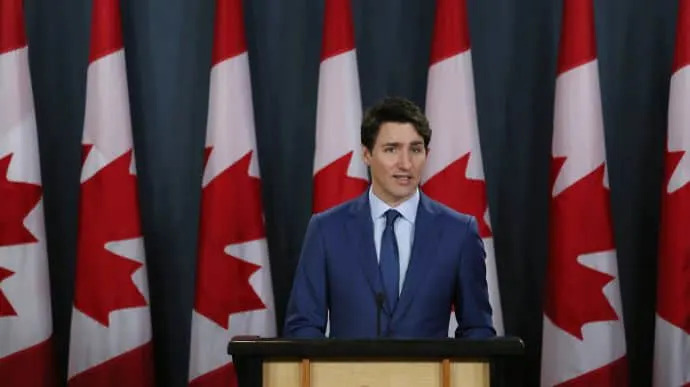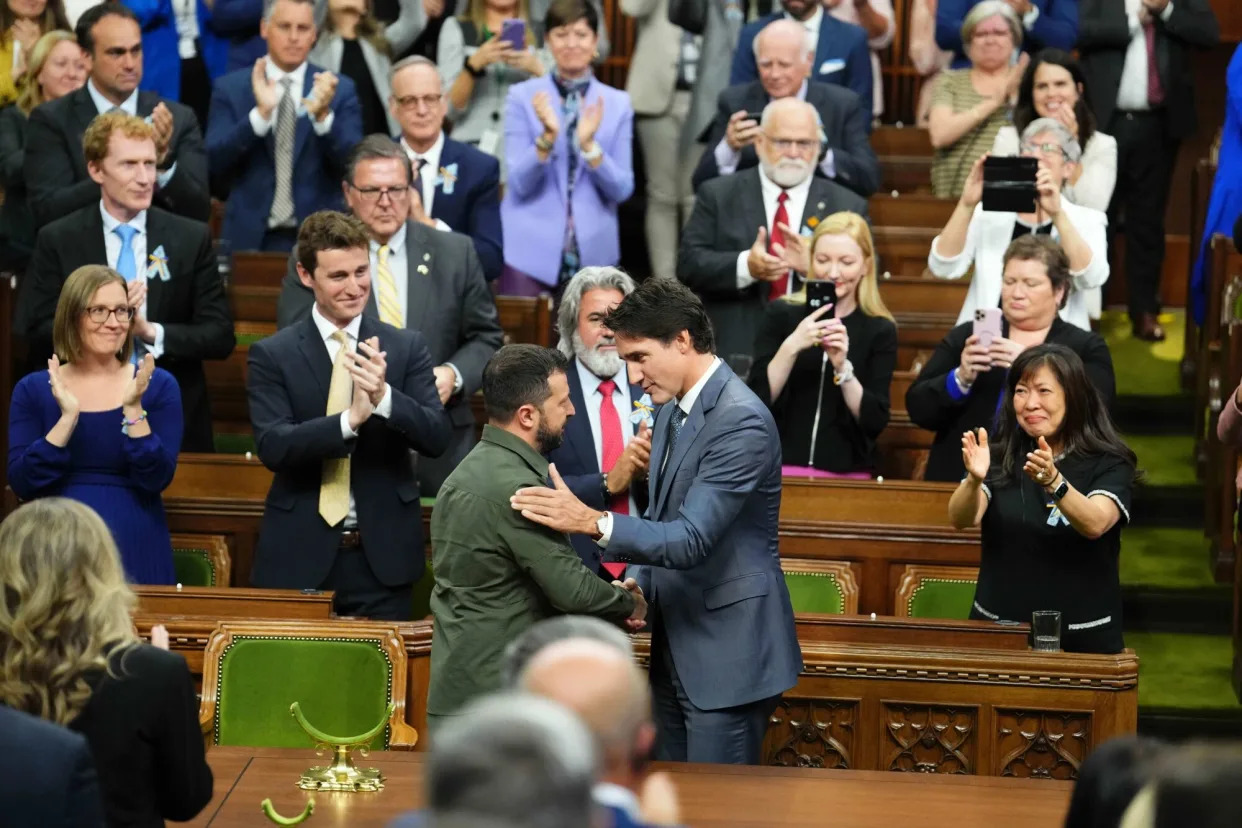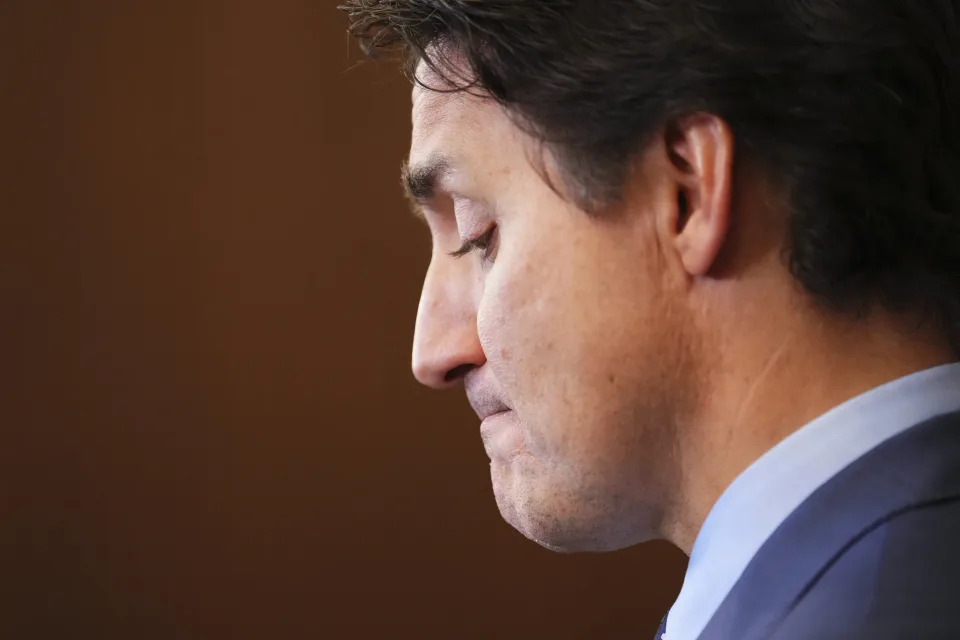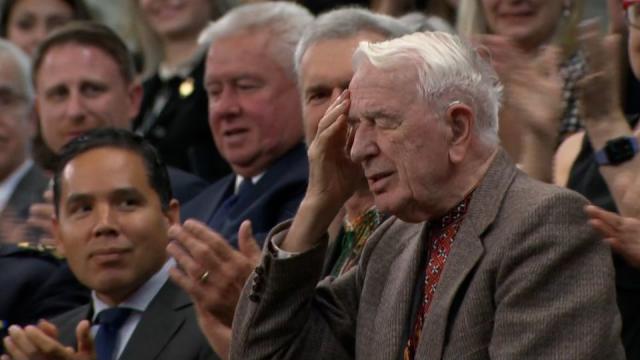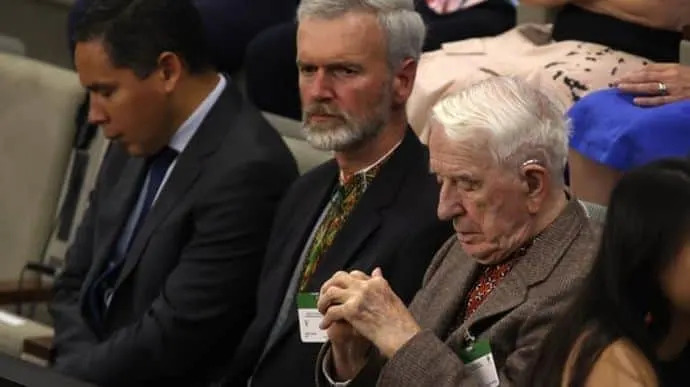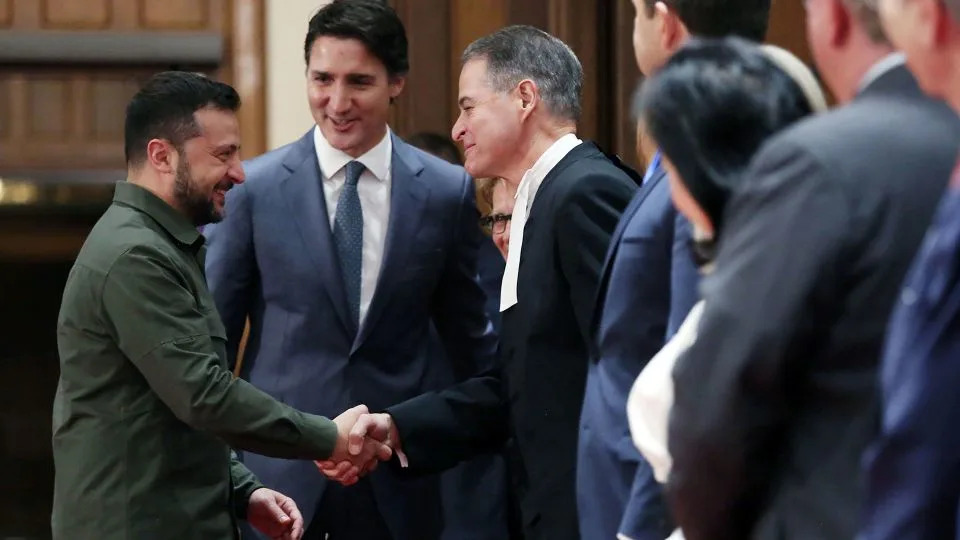Thu, September 28, 2023
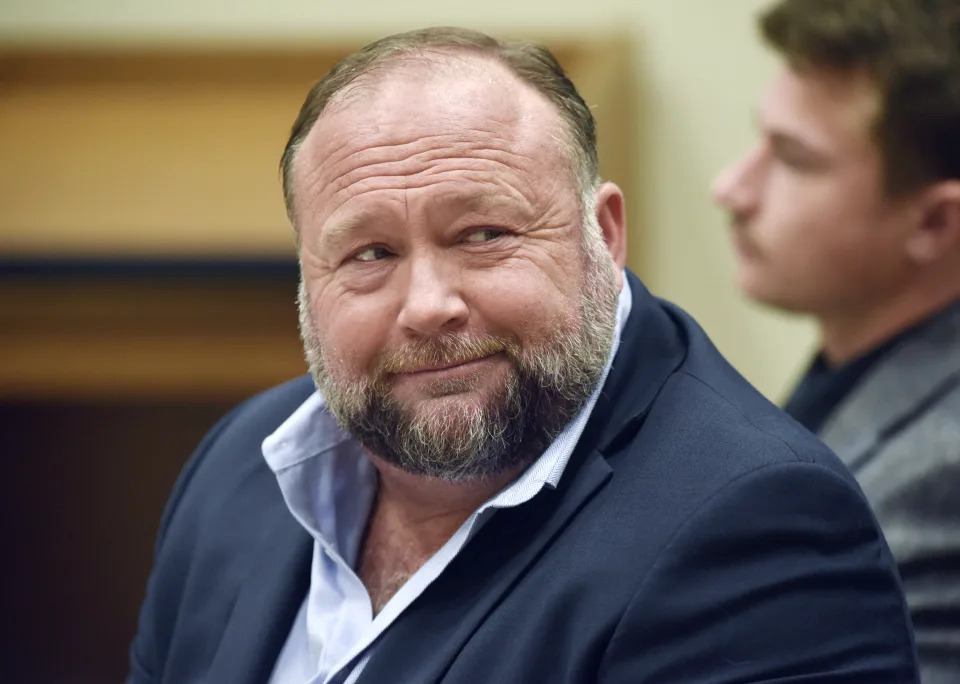
- Conspiracy theorist Alex Jones takes the witness stand to testify at the Sandy Hook defamation damages trial at Connecticut Superior Court in Waterbury, Conn. Thursday, Sept. 22, 2022. A bank recently shut down the accounts of Jones' media company citing unauthorized transactions — a move that caused panic at the business when its balances suddenly dropped from more than $2 million to zero, according to a bankruptcy lawyer for the company.
HARTFORD, Conn. (AP) — A bank recently shut down the accounts of conspiracy theorist Alex Jones' media company, citing unauthorized transactions — a move that caused panic at the business when its balances suddenly dropped from more than $2 million to zero, according to a lawyer for the company.
The action last week by Axos Bank also exposed worry and doubt at the company, Free Speech Systems, about being able to find another bank to handle its money.
Jones, a conservative provocateur whose Infowars program promotes fake theories about global conspiracies, UFOs and mind control, is seeking bankruptcy protection as he and his company owe $1.5 billion to relatives of victims of the 2012 Sandy Hook Elementary School shooting in Connecticut.
The debt is the result of the families winning lawsuits against Jones for his calling the massacre that killed 26 people a hoax and his supporters threatening and harassing the victims’ families.
A lawyer for Free Speech Systems, Ray Battaglia, told a federal bankruptcy judge in Houston on Tuesday that Axos Bank had shut down the company's accounts on Aug. 21 “without notice or warning.”
Battaglia said he and a court-appointed overseer of Free Speech Systems’ finances were both out of the country when they received “frantic” messages about the company’s bank balances dropping to zero.
Bank officials, he said, didn't provide much information.
According to Battaglia, Axos claimed it had contacted Free Speech Systems in July about a transaction and the company did not respond, which Battaglia disputed. The bank also indicated there were unauthorized transactions, but didn't go into detail, he said. He said the bank informed Jones' company that it would be sending a cashier’s check for the total balance.
“So we’re perplexed,” Battaglia told the bankruptcy judge. “We have no answers for the court. They (the bank) have not provided us with any.”
Battaglia said the media company will have to seek another bank or take Axos to court “because we just don’t know who will bank us.” At the request of Jones’ lawyers, Axos did agree to reopen the company’s accounts for 30 days but it appears it will not extend the relationship beyond that, he said.
Spokespeople for Axos did not return email messages seeking comment Wednesday. An email sent to Infowars also went unanswered, as have previous messages.
Jones and Free Speech Systems make the bulk of their money from selling nutritional supplements, survival gear, books, clothing and other merchandise, which Jones hawks on his daily web and radio show.
According to the company’s most recent financial statement filed in bankruptcy court, it had more than $2.5 million in its Axos accounts at the end of August after bringing in more than $3 million in revenue during the month. The company paid out over $2 million in expenses and other costs, leaving a net cash flow of $1 million.
The bankruptcy judge, Christopher Lopez, will be deciding how much money Jones and Free Speech Systems will have to pay creditors, including the Sandy Hook families. Jones is appealing the court awards, citing free speech rights and missteps by judges.
In 2018, social media companies including Facebook, YouTube and Apple banned Jones from their platforms
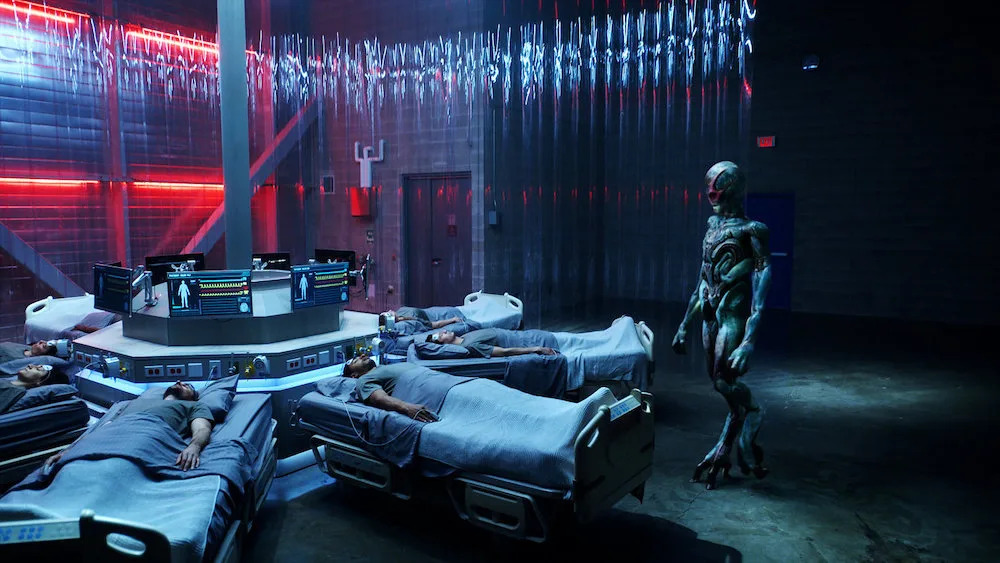
United States Customs and Border Patrol Releases 10 UFO Videos
If Resident Alien’s Harry Vanderspeigle (Alan Tudyk) really did crash land in Colorado a few years back, he and his craft might have been recovered by shadowy government agencies and whisked away to a secret facility that doesn’t officially exist. At least, that’s what might have happened if UFO conspiracy theorists are correct.
Over the last several months there’s been an uptick in UAP (unidentified anomalous phenomena) reports here in the real world, punctuated by whistleblower David Grusch testifying before congress about an alleged government-run UFO recovery and reverse engineering project. Now, we’ve got even more UAPs to mull over thanks to a release from Customs and Border Protections.
Customs and Border Patrol Releases UAP Documents
In early August and with little fanfare, the United States Customs and Border Patrol released 10 videos depicting reported UAPs along with 387 pages of supporting documents including testimony from eyewitnesses.
The videos, some of which leaked a few years back, have added fuel to the already raging fire of public discourse around flying saucers. One video in particular, from 2013, shows an unidentifiable spot flying over an airport. The video is black and white, and the footage is grainy. The object, whatever it is, cruises over the airport at what appears to be a consistent rate, on a path taking it toward the ocean.
It doesn’t look all that unusual. If you’d tell us it was a bird or a small UAV, we’d probably believe it. The trouble starts when it gets near the water and appears to change shape. Shortly thereafter, the object seems to disappear, reappear, then vanish for good.
Some viewers have interpreted that as the object having dipped beneath the water and emerged again, seemingly without losing any speed. That would be an impressive engineering achievement, but the video is so poor, it could just as easily be a digital artifact. The important thing is what we know, and that is not equivalent to extraterrestrials.
We’ve filled the space around us with a growing number of cameras and orbiting satellites, and they’re all recording all the time. More than that, we (humans) are creating more technology, some of which isn’t public knowledge. It was probably inevitable that we would start to catch things on camera that we can’t explain. But there’s a pretty big gap between “look at that weird thing” and “I bet it came from across the stars.” Still, there is some weird stuff going on in the sky and we should devote some resources to figuring out what it is.
Schumer Proposes UAP Transparency Bill
With that in mind, Senate Majority Leader Chuck Schumer (D-NY) and Senator Mike Rounds (R-SD) introduced an amendment to the National Defense Authorization Act which would establish a structure for how and when UAP documents would be released to the public.
“For decades, many Americans have been fascinated by objects mysterious and unexplained and it’s long past time they get some answers. The American public has a right to learn about technologies of unknown origins, non-human intelligence, and unexplainable phenomena. We are not only working to declassify what the government has previously learned about these phenomena but to create a pipeline for future research to be made public. I am honored to carry on the legacy of my mentor and dear friend, Harry Reid and fight for the transparency that the public has long demanded surround these unexplained phenomena,” Schumer said, in a statement.
The bill requires that government agencies turn over any UAP information they possess within 300 days of the act going into effect. Meanwhile, President Biden has 90 days to form a review board to investigate those documents. Finally, that board will have 180 days to review any information and an additional 14 days to publish their findings. All of which is to say we’re at least a year and a half out from seeing the extraterrestrial goods, if any goods should exist.
In the meantime, catch up on the first two seasons of SYFY's Resident Alien, streaming now on Peacock.


